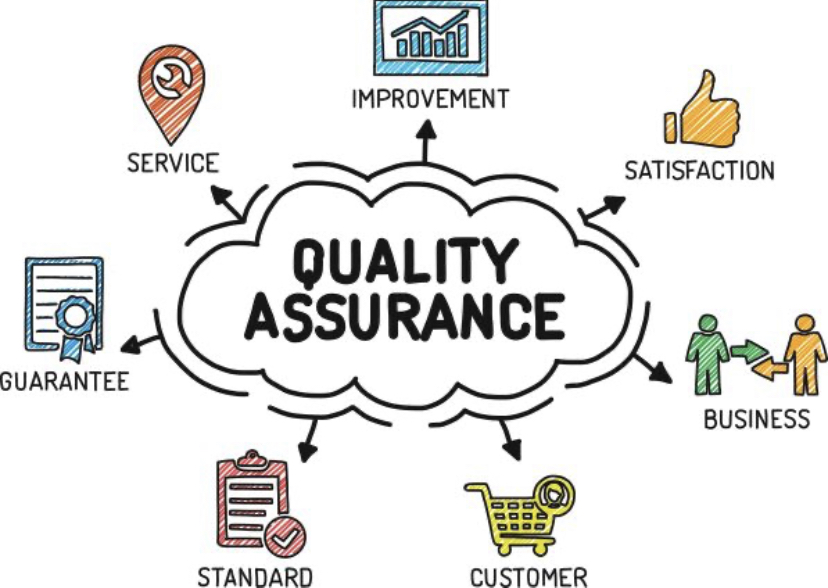Here’s how jobs in the insurance industry can be mapped onto roles in the field of software testing:
Insurance Agent or Broker – Software Test Consultant:
Similar to agents or brokers understanding clients’ insurance needs, test consultants understand clients’ software testing requirements and recommend appropriate testing strategies.
Customer Service Representative – User Acceptance Tester:
Just as customer service representatives assist policyholders, user acceptance testers ensure that the software meets end-users’ needs and provides a positive experience.
Underwriter – Test Strategist:
Underwriters assess risk, while test strategists analyze project requirements and potential risks to design effective testing strategies.
Claims Adjuster – Defect Analyst:
Claims adjusters evaluate claims, and defect analysts assess software defects, identifying and documenting issues to be resolved.
Insurance Producer – Business Development Manager:
Insurance producers generate new business, and business development managers in software testing identify potential clients and promote testing services.
Account Manager – Test Coordinator:
Account managers maintain client relationships, while test coordinators manage testing projects, ensuring effective communication and progress tracking.
Risk Manager – Quality Assurance Manager:
Risk managers assess risk exposure, and quality assurance managers oversee testing processes to minimize risks and ensure software quality.
Sales Manager – Testing Team Lead:
Sales managers oversee a team of agents, and testing team leads manage a group of testers, assigning tasks and monitoring performance.
Marketing Specialist – Testing Advocate:
Marketing specialists promote insurance products, while testing advocates promote the importance of testing and its benefits.
Actuary – Performance Tester:
Actuaries analyze statistical data, and performance testers assess software performance by analyzing metrics and load testing.
Data Analyst – Test Data Engineer:
Data analysts work with data, and test data engineers manage and generate test data for software testing.
Compliance Officer – Regulatory Compliance Analyst:
Compliance officers ensure adherence to regulations, and regulatory compliance analysts ensure software testing processes comply with industry standards and guidelines.
Mapping these insurance roles onto software testing positions highlights the transferable skills and responsibilities between the two fields, allowing professionals to consider how their expertise could translate into different industries. Keep in mind that while the mappings provide a general perspective, the specific responsibilities and skills required in each domain can vary.

